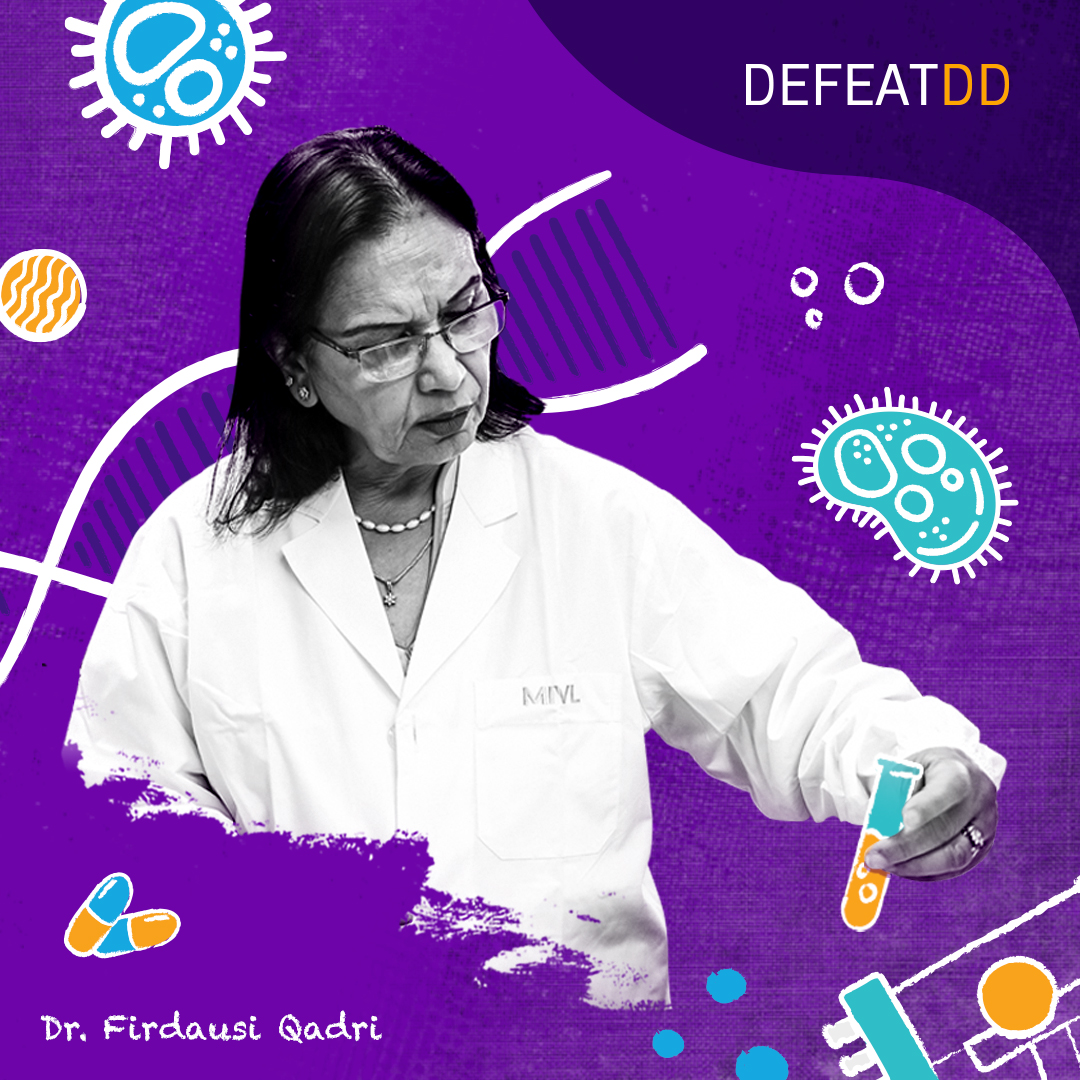
Women in science: a tool for nation-building

One of the scientific titans in the cholera vaccine area is Dr. Firdausi Qadri. She has played a crucial role in the clinical development, evaluation, global introduction, and advocacy of oral cholera vaccines (OCV). She oversees a large group of specialists that has successfully vaccinated Forcibly Displaced Myanmar Nationals (FDMN) between 2017 and 2021 in Cox’s Bazar, Bangladesh, halting a cholera epidemic in the world’s biggest refugee camp. In six high-risk regions of Dhaka city in 2020, her team helped facilitate the OCV vaccination of 1.2 million individuals. Dr. Qadri won several awards, including the prestigious Ramon Magsaysay Award in 2021 and the L’Oréal-UNESCO Women in Science Awards in 2020, for her advocacy of early detection, global vaccination, and research on understanding and treating infectious diseases that affect children in developing countries.
We recently spoke with Dr. Qadri about the importance of women in science. Science is a tool for nation-building, she says, since women make up half of the population. They can develop their professional careers even as they develop a country in the field of science and technology. She dreams that by doing so, a country could develop state-of-the-art, self-sustaining facilities to support the mentoring and capacity-building of young people, especially women, in scientific research.
In line with this view, Dr. Qadri expressed her desire to be a role model for women: “I want to encourage women to work in science. My intention is to inspire women to the best of my ability. This creates an intergenerational effect among the women. They need to break the glass ceiling. I have broken the glass ceiling. I want my female team mates to do that.”
She acknowledges that building a career in science takes time and patience: publishing research, working in labs, and being attentive in the field and clinical work. Balancing work and family can be hard. But she believes that working as a scientist, especially in child health, firsthand experience as a parent brings an important perspective to the science. Conversely, the field of science can help parents, especially mothers, encouraging an organized, scientific approach to daily life and to building successful careers. All of these things work together to develop women leaders. And when women lead, society prospers and countries move up the development ladder.
Dr. Qadri hopes for a day when women break the glass ceilings and unseen barriers in their personal and professional arena and lead the way to make a more prosperous and healthy nations.


